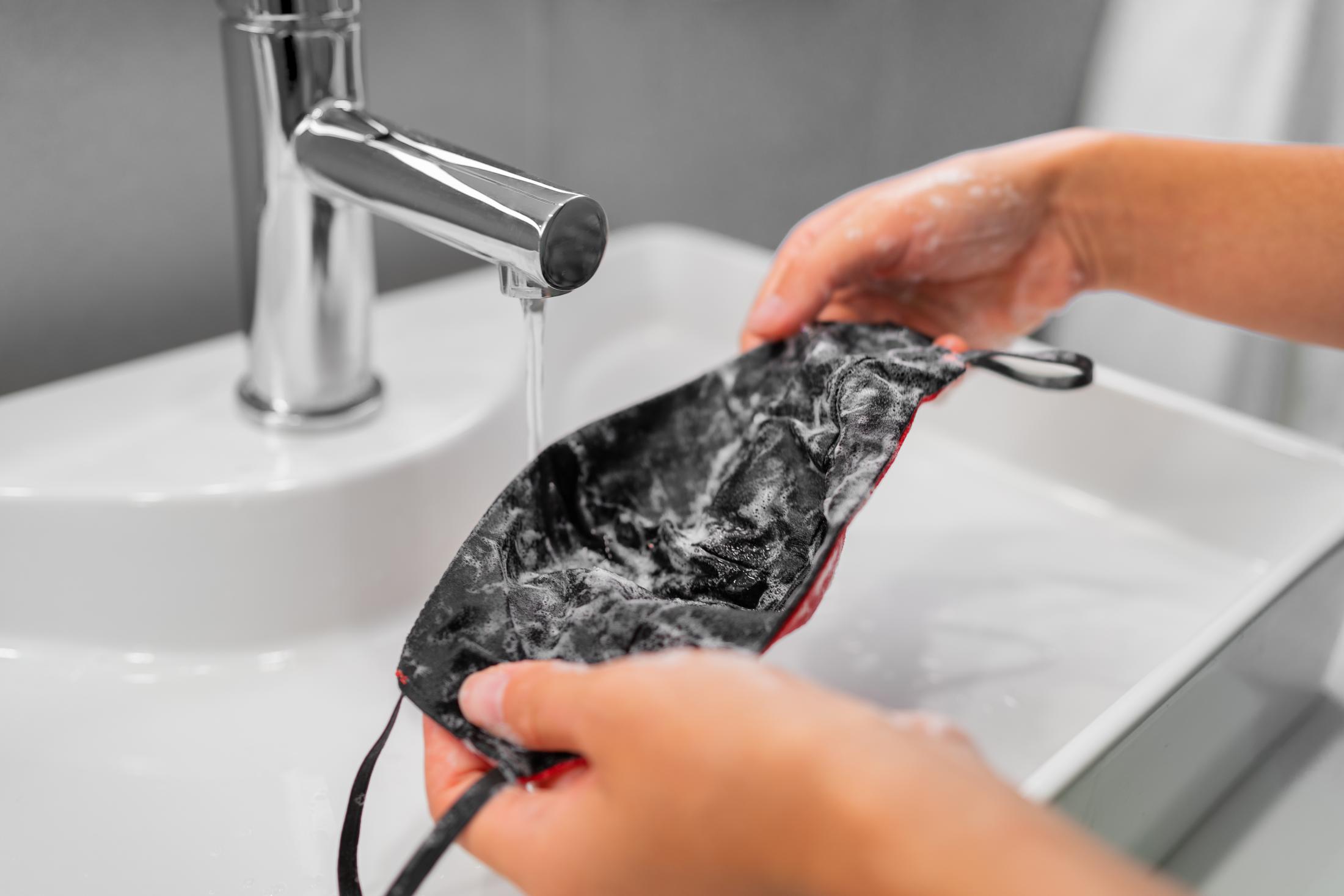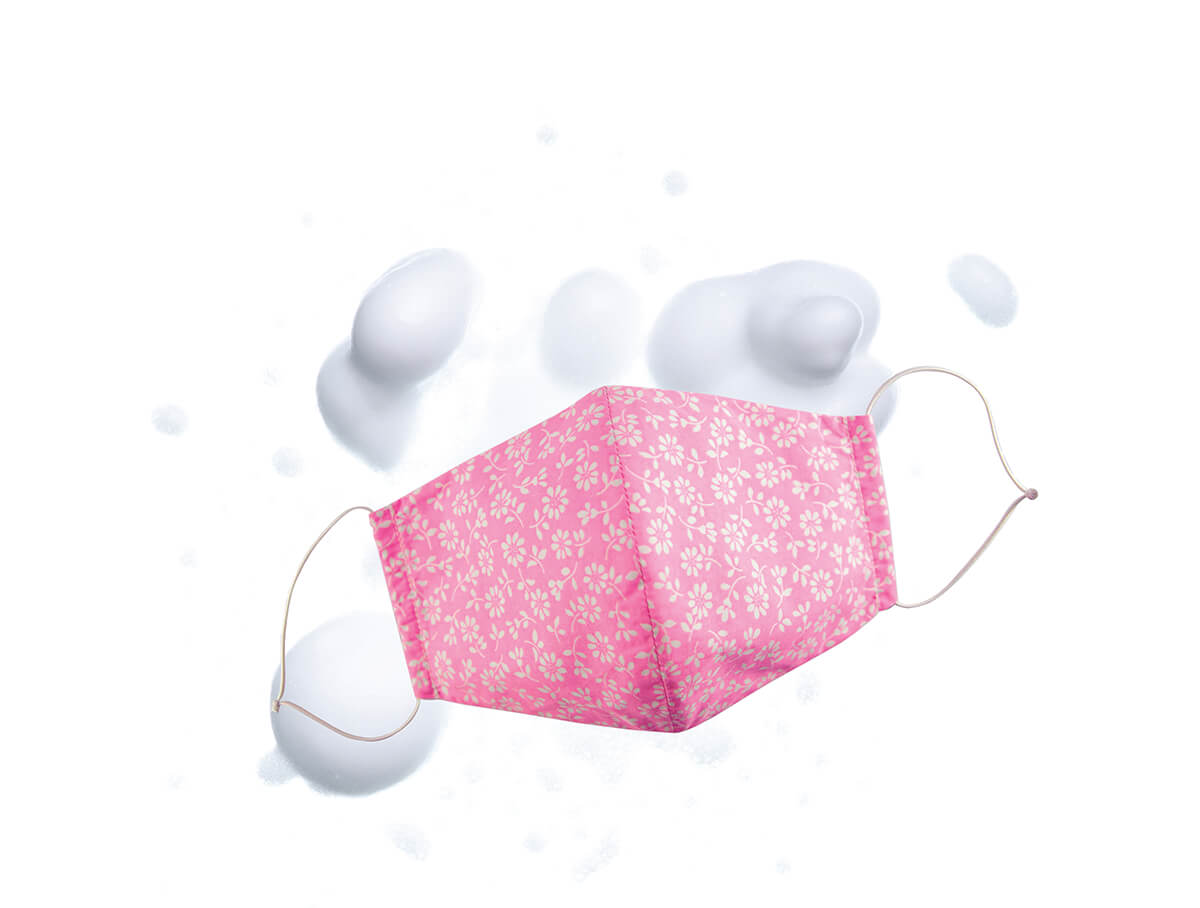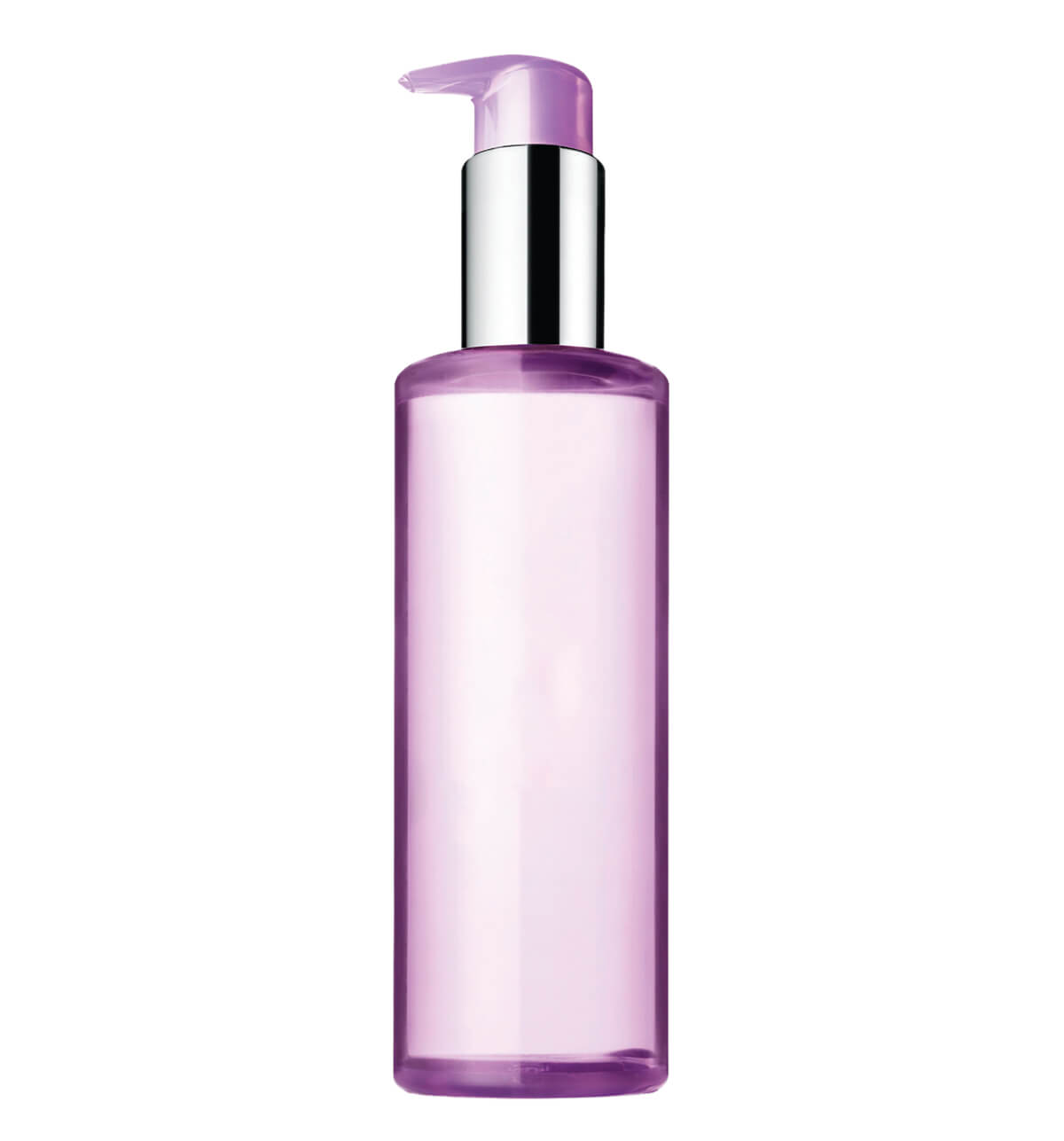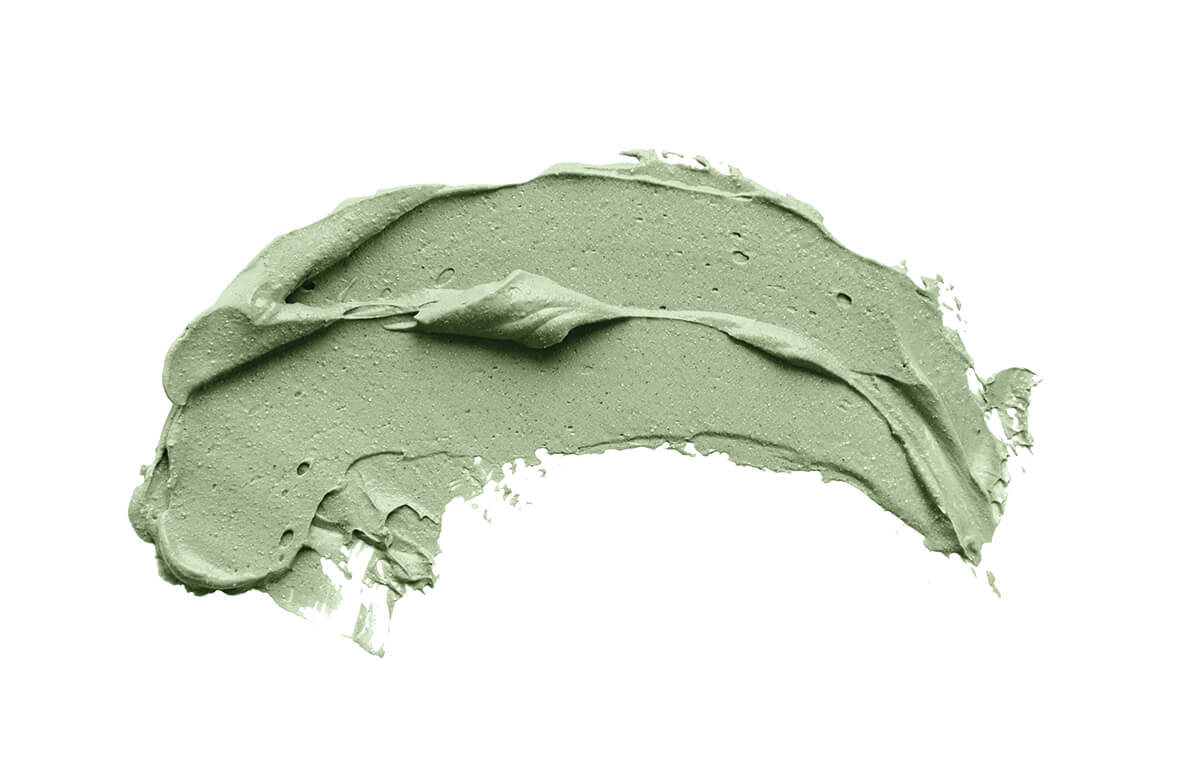COVID-19
How to Prevent and Treat “Maskne”—Which, Yes, is a Real Thing
Esthetician Roxie Icon of Mount Vernon's 10Skyn salon discusses managing mask-caused blemishes.

If wearing a mask has you breaking out, you’re not alone. Turns out, “maskne” is a real thing! But don’t worry, Roxie Icon, an esthetician and founder of Mount Vernon beauty salon 10Skyn, is here to answer all of our questions about managing mask-caused blemishes.
What is going on with the skin to cause maskne?
Maskne develops from an excessive buildup of sebum, dirt, bacteria, and dead skin cells that sit on your face and clog your pores. The humidity that your breath makes from being trapped by the mask also causes bacteria to grow, making maskne worse. There also can be contributing environmental and lifestyle factors such as sweating in the gym every day.
How do we prevent maskne?
Acne is very temperamental, especially for women. We want to be gentle and patient with our skin. For starters, you’ll need to be sure to wear a clean mask every day. Stay away from face masks made of synthetic fabrics as this can cause irritation and block oxygen to the skin. With cotton masks, I recommend hand washing with antibacterial soap to kill bacteria living in the fabric—Dial soap is my favorite. For anyone with an oily skin type, changing your mask halfway through the day is helpful. Most importantly, keep your fingers off your face.
Do you recommend changing your regular skincare routine?
Some products, such as your cleanser, serum, or masque, will need to change—but not permanently. Double cleansing at night, starting with an oil cleanser, will help break down and rid the skin of dirt and sebum, then a salicylic acid or benzoyl peroxide-based cleanser will kill acne-causing bacteria. Any type of acne, including maskne, happens because the skin barrier is out of whack. The products you use will depend on your skin type. For example, wearing a mask on dry skin is going to suck even more moisture out of your skin. It’s crucial to keep the skin barrier balanced, so adding a cream cleanser or a hyaluronic acid serum [to your skincare routine] can help combat maskne.
Should we still layer on sunscreen?
Always wear your sunscreen! No matter what! Sunscreen helps to inhibit hyperpigmentation, protects us from premature aging, cancer, and an array of other skin conditions.
What types of treatments can help?
Nowadays, acne treatments are so advanced that acne doesn’t stand a chance! Maskne is definitely manageable but requires consistency and patience. Everyone’s skin and concerns are different, so we like to customize a plan to help clients reach their goals. Microneedling and chemical peels are treatments that treat a wide range of client concerns. Acne, scarring, anti-aging, texture issues, and hyperpigmentation can all be addressed with these treatments with no downtime required.
WHAT YOU NEED:

ANTIBACTERIAL SOAP: Washing your reusable cotton masks with an antibacterial soap will ensure bacteria is killed.

DOUBLE-CLEANSE: It’s best to wash your face with an oil cleanser followed by salicylic acid cleansers.

FACIAL: If breakouts are your new normal, regular facials can help treat and prevent acne and the hyperpigmentation it leaves.